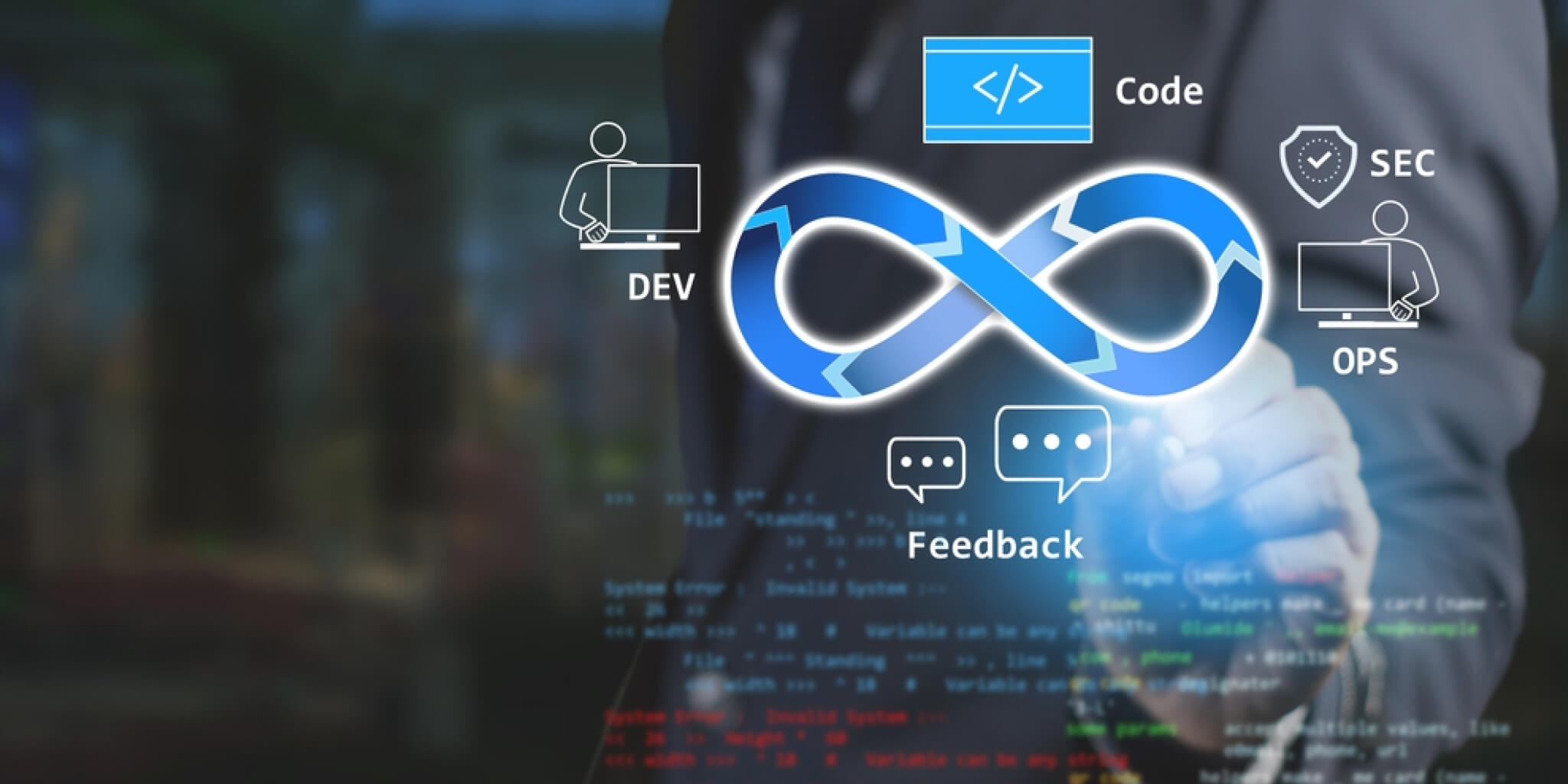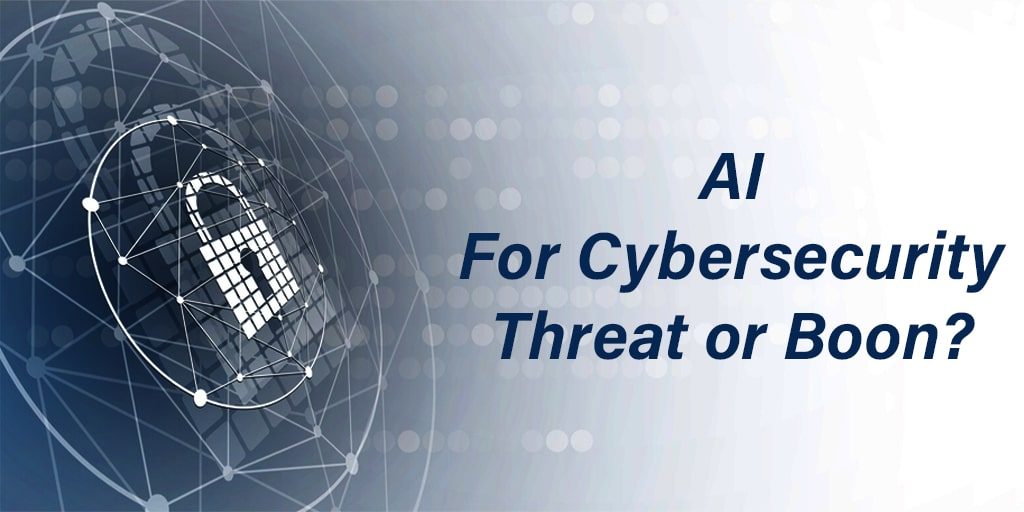Table of Contents
- Introduction
- What is DevSecOps?
- Why is DevSecOps Needed?
- 5 Key Ways in Which DevSecOps is Transforming The Software Development Landscape
- Statistics: Latest Breaches Could Have Been Avoided with DevSecOps
- Cost-Value Benefit: It is Worth Having Even if it May Cost More
- How Blue Whale Apps Company Can Assist in DevSecOps Implementation
- Partner with Blue Whale Apps for Secure Software Development
- Conclusion
Introduction
In today’s digital age, where software is at the heart of every business, ensuring its security and integrity is paramount. However, the traditional approach to software development often neglects security until it’s too late. Enter DevSecOps – a methodology that integrates security practices into the entire software development lifecycle. In this article, we will explore what DevSecOps is, why it’s necessary, and how it transforms development practices.
What is DevSecOps?
The need for DevSecOps stems from the ever-growing threat landscape facing modern software applications. With cyber attacks becoming more sophisticated and prevalent, organizations can no longer afford to prioritize speed and functionality over security. DevSecOps addresses this challenge by embedding security practices into every stage of the development pipeline.
Why is DevSecOps Needed?

Traditional development practices often treat security as an afterthought, leading to vulnerabilities that can be exploited by malicious actors. DevSecOps addresses this by embedding security into every phase of development, from design and coding to testing and deployment. This proactive approach helps organizations:
- Early Detection of Vulnerabilities: By integrating security checks into the development pipeline, DevSecOps enables early detection and mitigation of vulnerabilities, reducing the risk of potential breaches.
- Continuous Monitoring and Remediation: DevSecOps promotes continuous monitoring of software applications in production, allowing teams to identify and address security issues in real-time.
- Streamlined Compliance: With regulatory requirements becoming more stringent, DevSecOps helps organizations streamline compliance efforts by incorporating security controls into the development process.
- Enhanced Collaboration: DevSecOps encourages collaboration between development, operations, and security teams, fostering a shared understanding of security risks and requirements.
- Improved Incident Response: In the event of a security incident, DevSecOps facilitates rapid response and recovery by enabling teams to quickly identify and address the root cause.
Statistics: Latest Breaches Could Have Been Avoided with DevSecOps

Data breaches happen all the time, and many could have been stopped with DevSecOps. For example:
- 80% of Data Breaches involve problems that DevSecOps could have fixed early on (source: 2023 Data Breach Investigations Report by Verizon).
- The average cost of a data breach in 2023 was $4.24 million (source: Ponemon Institute).
- By 2025, it’s predicted that 99% of cloud security failures will be due to customer mistakes (source: Gartner).
- 75% of Organizations have faced security issues because of mistakes made during development or deployment (source: DevOps.com).
5 Key Ways in Which DevSecOps is Transforming The Software Development Landscape

As DevSecOps gains traction, it is reshaping development practices in profound ways, elevating software integrity to new heights. Here are five key ways in which DevSecOps is transforming the software development landscape:
- Shift-Left Security
Traditional software development methodologies often treated security as a late-stage consideration, leading to costly and time-consuming remediation efforts. DevSecOps advocates for a “shift-left” approach, where security measures are integrated from the earliest stages of the software development life cycle (SDLC).
By incorporating security practices into the initial planning, design, and coding phases, DevSecOps enables organizations to identify and address potential vulnerabilities before they become deeply ingrained in the codebase. This proactive approach not only enhances the overall security posture of the application but also reduces the effort and cost associated with fixing issues later in the development cycle.
According to a study by IBM, the cost of fixing a vulnerability increases exponentially as it moves through the SDLC. Addressing a flaw during the design phase costs approximately $3.9, while fixing the same issue after release can cost up to $976 (Source). By shifting security left, DevSecOps empowers teams to identify and mitigate risks early, minimizing the potential impact and associated costs.
- Continuous Security Testing and Monitoring
In the traditional waterfall model, security testing was often a discrete phase, conducted after the bulk of development was complete. DevSecOps, however, embraces the principles of Continuous Integration/Continuous Delivery (CI/CD) and advocates for continuous security testing and monitoring throughout the entire SDLC.
Automated security testing tools, such as Static Application Security Testing (SAST) and Dynamic Application Security Testing (DAST), are integrated into the CI/CD pipeline. These tools continuously scan the codebase, infrastructure, and deployed applications, identifying potential vulnerabilities and enabling developers to address them promptly.
Moreover, DevSecOps promotes the adoption of Security Monitoring and Analytics tools, which constantly monitor the production environment for potential threats, anomalies, and compliance violations. By leveraging these tools, organizations can quickly detect and respond to security incidents, minimizing the risk of data breaches and ensuring regulatory compliance.
According to a report by Synopsys, organizations that implemented DevSecOps practices experienced a significant reduction in security vulnerabilities, with some reporting a decrease of up to 50% (Source). Continuous security testing and monitoring enable teams to maintain a high level of software integrity throughout the entire application lifecycle.
- Automated Compliance and Risk Management
Regulatory compliance and risk management are critical components of software development, particularly in highly regulated industries such as finance, healthcare, and government. Traditionally, these processes were often manual, time-consuming, and prone to human error.
DevSecOps embraces automation to streamline compliance and risk management processes, ensuring that applications adhere to industry standards and regulatory requirements from the outset. By integrating compliance checks and risk assessments into the CI/CD pipeline, DevSecOps enables teams to identify and address potential issues early in the development cycle, reducing the risk of non-compliance and associated penalties.
According to a report by Puppet, organizations that implement DevSecOps practices experience a 60% reduction in audit deficiencies and a 50% reduction in time spent on compliance activities (Source). Automated compliance and risk management not only enhance software integrity but also free up valuable resources that can be redirected towards innovation and value-added activities.
- Fostering a Culture of Collaboration and Shared Responsibility
DevSecOps promotes a cultural shift towards collaboration and shared responsibility among development, security, and operations teams. By breaking down traditional silos and fostering open communication, DevSecOps encourages cross-functional teams to work together towards a common goal: delivering secure, reliable, and compliant software.
This collaborative approach empowers teams to share knowledge, best practices, and insights, enabling them to collectively identify and address potential security and compliance risks. Additionally, by fostering a culture of shared responsibility, DevSecOps ensures that every team member feels accountable for the overall integrity of the software, reducing the likelihood of security and compliance issues falling through the cracks.
According to a survey by Sonatype, organizations that adopted DevSecOps practices reported improved collaboration and communication among teams, leading to increased productivity and faster time-to-market (Source). By breaking down silos and promoting a culture of collaboration, DevSecOps elevates software integrity while simultaneously enhancing operational efficiency.
- Continuous Learning and Improvement
DevSecOps is not a one-time implementation but rather a continuous journey of learning and improvement. By incorporating feedback loops and metrics into the software delivery process, DevSecOps enables teams to continuously measure and analyze the effectiveness of their security and compliance practices.
Through retrospectives and data-driven analysis, teams can identify areas for improvement, refine their processes, and implement new tools and techniques to enhance software integrity. This iterative approach fosters a culture of continuous learning and enables organizations to stay ahead of emerging threats and evolving regulatory landscapes.
According to a report by Gartner, organizations that adopt a DevSecOps mindset and embrace continuous learning and improvement are better equipped to respond to changing business requirements and market conditions (Source). By embracing continuous learning and improvement, DevSecOps ensures that software integrity remains a top priority throughout the application’s lifecycle.
As the demand for secure, reliable, and compliant software continues to grow, DevSecOps emerges as a transformative approach, reshaping development practices and elevating software integrity to unprecedented levels. By integrating security and compliance into every stage of the SDLC, fostering collaboration, and embracing automation, DevSecOps empowers organizations to deliver high-quality software that meets the highest standards of security and regulatory compliance.
While the journey towards DevSecOps adoption may present challenges, the benefits it offers in terms of enhanced software integrity, risk mitigation, and operational efficiency make it a compelling choice for organizations striving to thrive in today’s digital landscape.
Cost-Value Benefit: It is Worth Having Even if it May Cost More
While DevSecOps might seem expensive at first, it pays off in the long run. Here’s why:
- Less Risk of Breaches: Spending on DevSecOps now saves money by preventing expensive breaches later.
- Faster Software Releases: Contrary to popular belief, DevSecOps speeds up development by fixing security issues early.
- Lower Maintenance Costs: Fixing security problems before software is released saves money on costly fixes later.
- Better Customer Trust: Secure software means happier customers who trust your products.
- Meeting Legal Requirements: DevSecOps helps companies follow the law, avoiding hefty fines for non-compliance.
How Blue Whale Apps Company Can Assist in DevSecOps Implementation
At Blue Whale Apps, we understand the importance of security in software development. Our team of experts specializes in DevSecOps implementation, helping organizations enhance the security of their software products while maintaining agility and efficiency. Here’s how we can assist you:
- Customized DevSecOps Strategies: We work closely with your team to understand your unique requirements and challenges. Based on this understanding, we develop customized DevSecOps strategies tailored to your organization’s needs.
- Tool Selection and Integration: With our extensive experience in the field, we can help you select the right tools and technologies for implementing DevSecOps practices. From automated testing tools to continuous integration/continuous deployment (CI/CD) pipelines, we ensure seamless integration for enhanced security.
- Process Optimization: Implementing DevSecOps involves optimizing development processes to incorporate security seamlessly. Our team helps streamline your development workflows, ensuring that security is built into every stage of the process without compromising speed or agility.
- Security Training and Awareness: We provide comprehensive training and awareness programs to empower your teams with the knowledge and skills needed to embrace DevSecOps practices effectively. From developers to operations staff, we ensure that everyone understands their role in maintaining security.
- Continuous Support and Monitoring: DevSecOps is not a one-time implementation; it’s an ongoing process. We provide continuous support and monitoring to ensure that your DevSecOps practices remain effective and up-to-date in the face of evolving threats.
Partner with Blue Whale Apps for Secure Software Development
By partnering with Blue Whale Apps Company, you can rest assured that your software development process is in safe hands. With our expertise in DevSecOps implementation, we help you build robust and reliable software products while mitigating security risks. Don’t compromise on security—partner with Blue Whale Apps for secure software development.
Contact us today to learn more about our DevSecOps services and how we can help secure your software development process. Together, let’s build a safer digital future.
Conclusion
In conclusion, DevSecOps is not just a buzzword—it’s a critical approach to ensuring the integrity and security of software in today’s digital age. By integrating security into every stage of the development lifecycle, organizations can mitigate the risk of breaches, enhance collaboration between teams, and ultimately deliver more secure and reliable software products to their customers.
By embracing DevSecOps, organizations can stay ahead of evolving cyber threats and demonstrate a commitment to protecting sensitive data and safeguarding the trust of their stakeholders. In a landscape where security breaches are increasingly common and costly, DevSecOps is not just a best practice—it’s a necessity.





